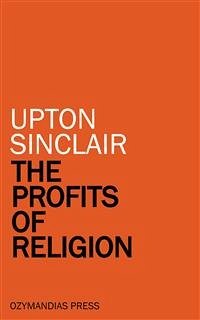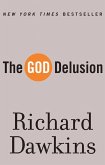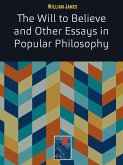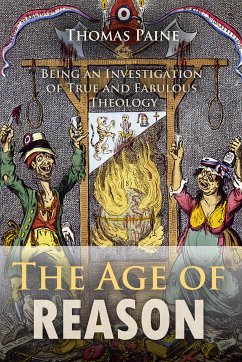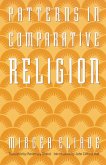This book is a study of Supernaturalism from a new point of view—as a Source of Income and a Shield to Privilege. I have searched the libraries through, and no one has done it before. If you read it, you will see that it needed to be done. It has meant twenty-five years of thought and a year of investigation. It contains the facts...
Hinweis: Dieser Artikel kann nur an eine deutsche Lieferadresse ausgeliefert werden.
Hinweis: Dieser Artikel kann nur an eine deutsche Lieferadresse ausgeliefert werden.

